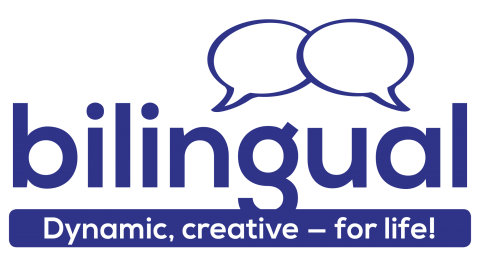Teaching English in Hungary

Salary and benefits while teaching in Hungary
| Teaching Benefit Type | Teaching Benefit Details |
|---|---|
| Yearly Salary | $900 to $1000 USD/month. |
| Working Hours | 20 – 25 hours/week. |
| Relocation Allowance | Not typically provided. |
| Accommodation | Schools often provide an allowance for housing costs. |
| Vacation | Mid-June to September. |
| Health Insurance | Select Hungarian international schools will cover medical insurance costs. |
| Contract Duration | 1 year. |
Teach English in Hungary – Hiring
The school year in Hungary starts at the beginning of September and ends in the middle of June. While teachers can be hired year-round, peak hiring periods usually fall in September and January.
Qualifications to teach English in Hungary
To teach English in Hungary, you’ll first need to have a Bachelor’s degree in any subject area. Most language schools also require English teachers to have an internationally recognized TEFL certificate.
International schools in Hungary require teachers to hold a teaching license as well as prior teaching experience. As a result, salaries are typically higher at Hungarian international schools compared to private language schools.

Visas for teachers in Hungary

Living in Hungary

Experience teaching in Hungary
Register for a teacher account to apply for teaching jobs in Hungary.
Hungary at a glance
Country information
Capital: Budapest
Language: Hungarian
Population: 9.919 million
Currency: Hungarian forint
Government: Parliamentary republic
Major religion: Christianity
Climate: Continental
Quick facts
A landlocked country in Central Europe, Hungary shares a border with seven countries: Austria, Croatia, Romania, Serbia, Slovakia, Slovenia and Ukraine.
Hungary’s literacy rate is almost 100%.
The University of Pécs is the the oldest university in Hungary and was founded in 1367.
Around a third of native Hungarians (close to five million) live outside Hungary, mostly in Romania but other surrounding countries.
Hungary joined the North Atlantic Treaty Organization (NATO) in 1999 and the European Union (EU) in 2004.
Almost 5% of Hungary’s GDP is spent on education.
The Hungarians are prolific inventors. The ballpoint pen, the helicopter and the Rubik’s cube were all invented in Hungary!

















